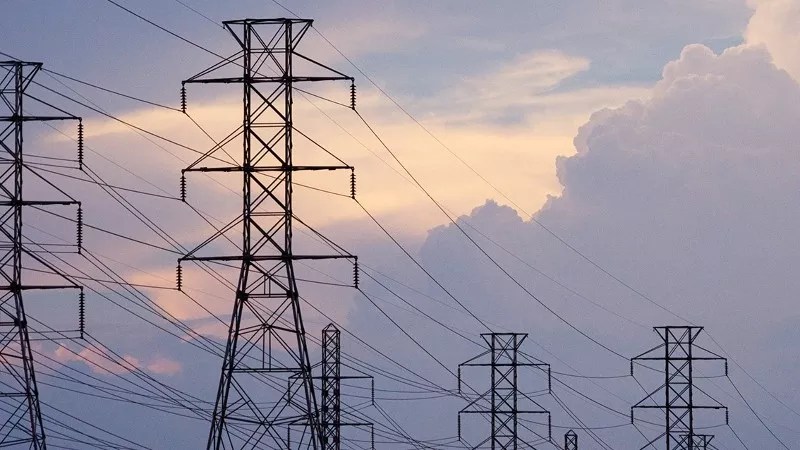

Audio By Carbonatix
For Dallasites, hurricane season usually means the flash flooding of old roads with poor drainage. But hurricane season can bring incredible tragedy for Texans closer to the coast. Dallas’s deeply ingrained southern hospitality nature means the city is quick to step in and support the victims of the rainstorms that ravage the Houston area. But others seize on the opportunity to target a community in need, and a recent report revealed that scammers target 63% of Texans who relocated for a natural disaster.
Hurricane season begins on June 1 and runs through November. It’s about time for Texans to begin preparing for potential natural disasters. According to a report from Instant Roofer, Texans are displaced by natural disasters more than any other state.
About 1.4 million Texans were displaced by natural disasters in 2024, of which 1.2 million were affected by a hurricane. Last year, Hurricane Beryl caused over $2 billion in wind damage alone in Houston, and a flood of scam contractors called the phones of affected Houstonians looking for a quick buck from people in dire straits.
“It’s absolutely shocking that it’s so common for scammers to target people when they are at their most vulnerable,” said Jacob Petrosky, founder of Instant Roofer.
We in the North may not get the damage associated with hurricanes. Still, every homeowner in Dallas County has answered the knocks of a door-to-door roofing salesman following a particularly severe hailstorm. Still, Petorsky warns of unlicensed, uninsured contractors striking down.
While natural disaster victims may find it difficult to think straight while repairing damage, Petrosky has tips for avoiding scammers. Always work with licensed and insured professionals, read reviews, avoid predatory sales tactics like upfront payments and always get everything in writing.
Schemey contractors aren’t the worst of it, though, he says.
“Post-disaster scams aren’t limited to shady contractors. After a disaster, people also fall victim to fake [Federal Emergency Management Agency (FEMA)] representatives, fraudulent charities, or identity theft scams involving phony relief applications and utility shutoff threats.”
After Hurricane Beryl, fake FEMA calls were so concerning that FEMA itself issued a press release warning vulnerable populations of the scam risks.
“Texans should be aware that con artists and criminals may try to obtain money or steal personal information through fraud or identity theft after Hurricane Beryl,” wrote the agency. “In some cases, thieves try to apply for FEMA assistance using names, addresses and Social Security numbers they have stolen from survivors.”